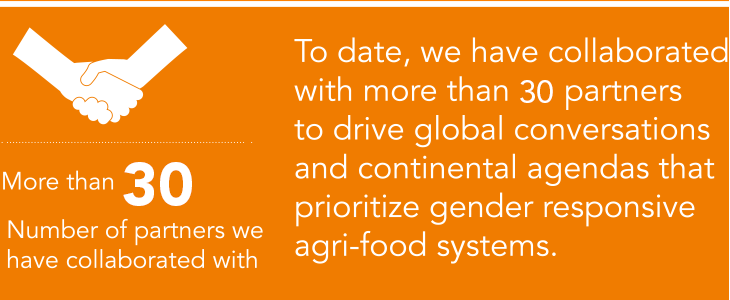We invest in building a pool of capable, confident, and influential African scientists to lead critical advances and innovations in agricultural research and development (ARD).
Our focus on individuals seeks to equip researchers and research leaders to deliver agricultural innovations that better respond to the needs and priorities of a diversity of women and men across Africa’s agricultural value chains.
This theme is anchored on our flagship AWARD Fellowship which has informed a variety of interventions targeting African researchers across Africa and beyond. To date, we have grown our footprint under this theme through various interventions.
Our Fellowships
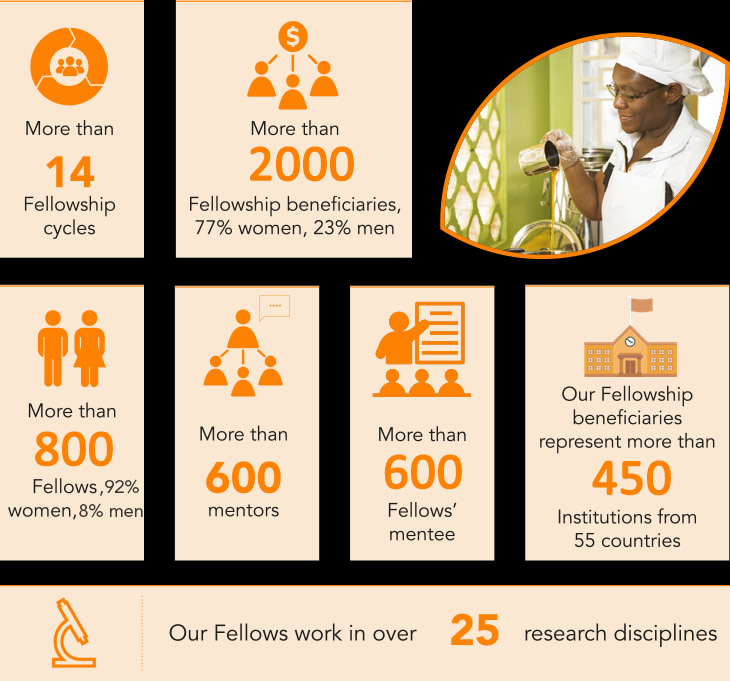
AWARD Training
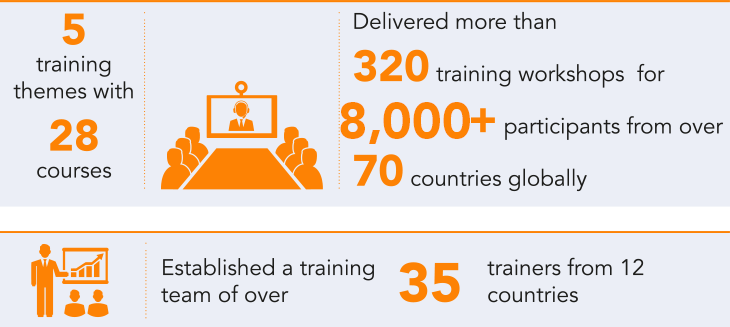
We support African ARD institutions to prioritize and embrace gender responsiveness in both policy and practice.
We partner with institutions to grow their capacity for gender-responsive agricultural research by leveraging the talents of gender-diverse research teams and strengthening gender prioritization in research, design, implementation, and dissemination.
In 2018, we launched the Gender Responsive Agricultural Research and Development (GRARD) initiative which piloted our institutional engagement strategy with 8 institutions in 6 countries.
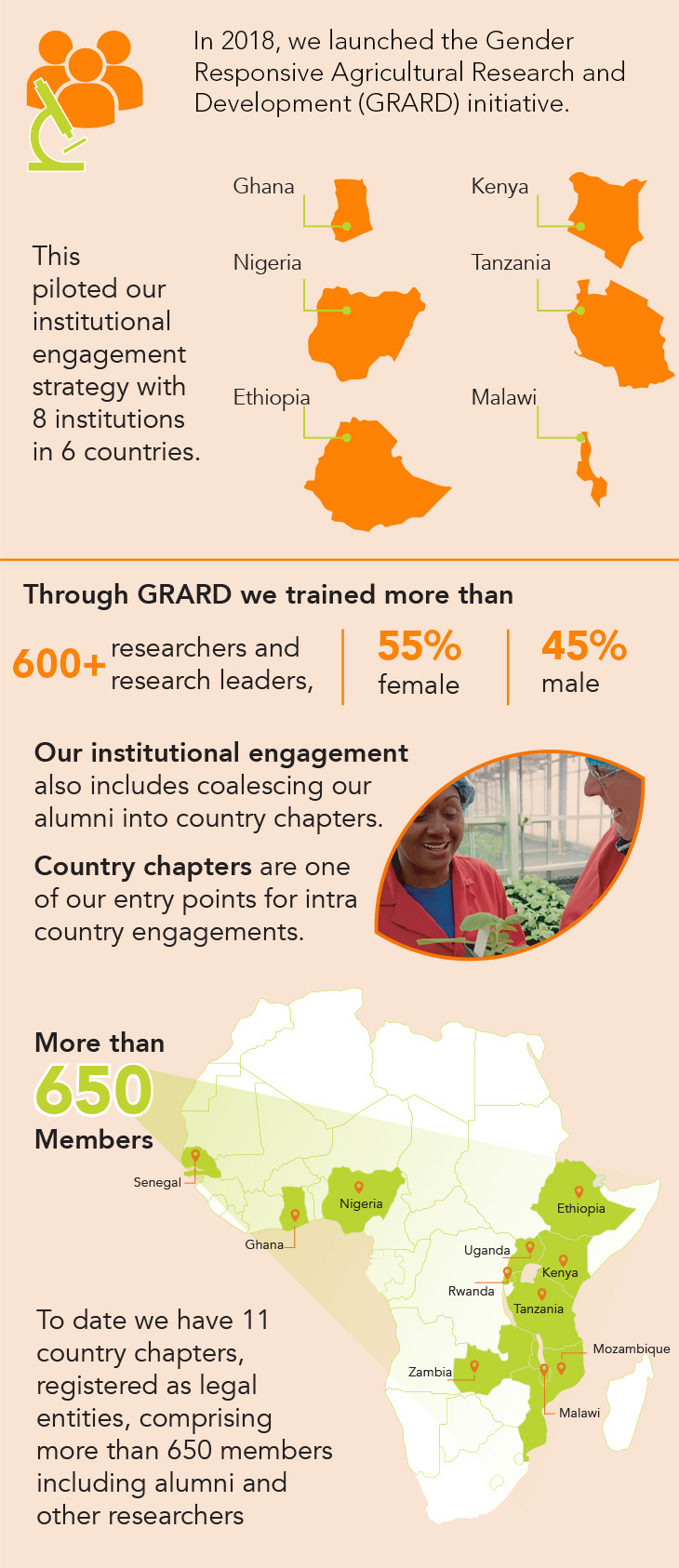
To sustain the gains from our investment in individuals and institutions, we recognize the need for an enabling environment that can enable researchers and research institutions to thrive.
Through structured investment in thought leadership, evidence generation and advocacy, we are building an enabling environment for gender responsiveness to become an embedded cultural norm and practice become an embedded cultural norm and practice in the African ARD by growing the awareness of gender issues into policies, programs, and accountability mechanisms.
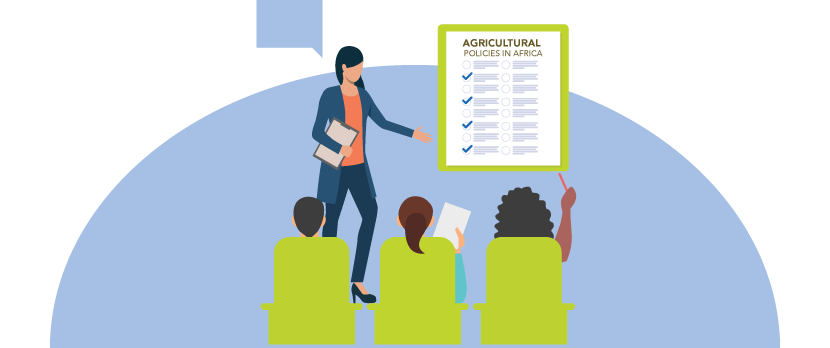
We focus on increasing the visibility of women researchers and research leaders, generating and curating compelling evidence on the value of gender responsiveness in ARD.
We are intentional in participating in global and continental forums to curate a series of conversations that amplify the role and need for equitable agri-food systems.
